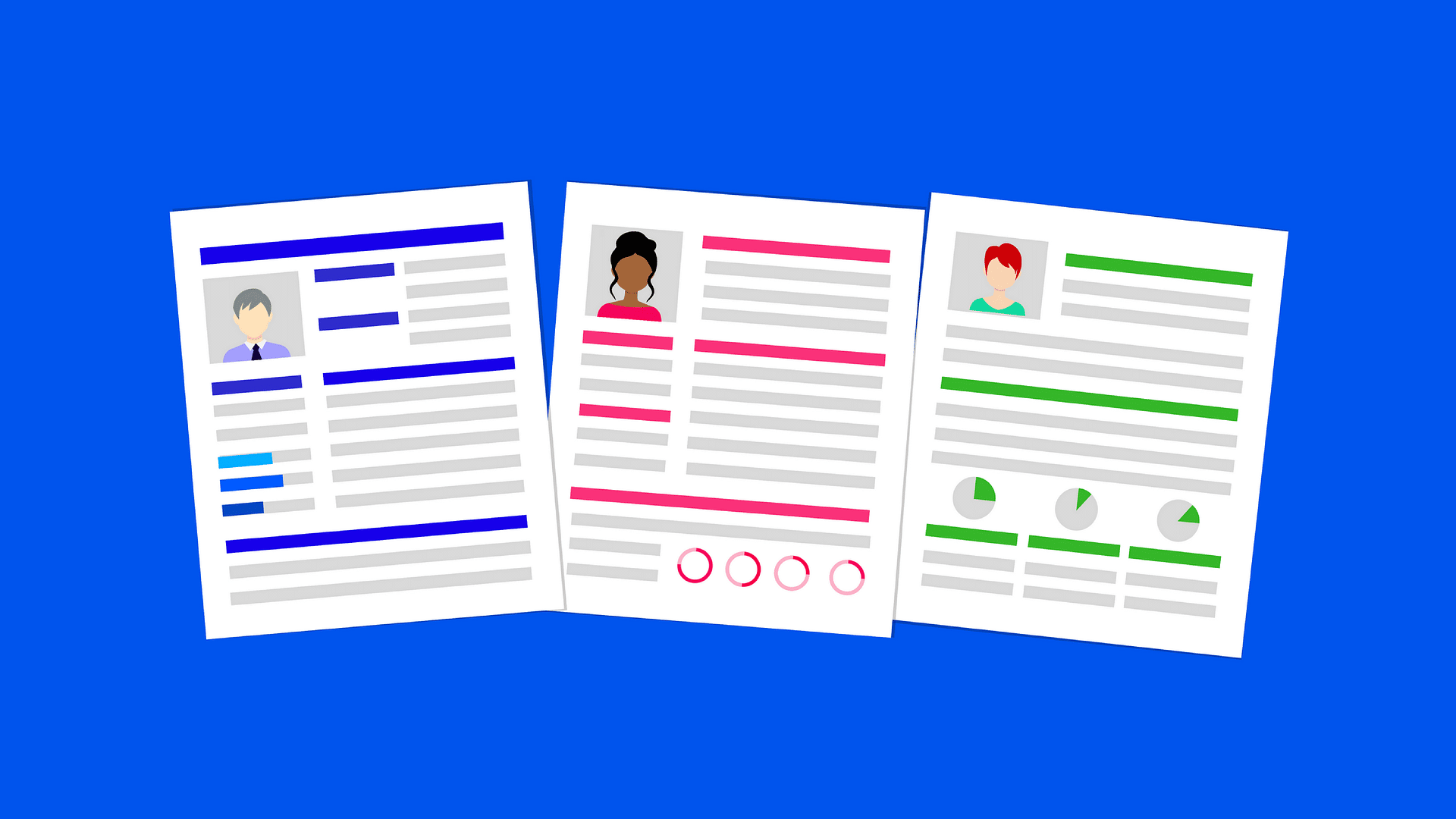
More and more employers are carrying out background checks on job candidates today. In many cases, they outsource these screenings to third parties. Employers do background checks to get more information about a potential hire. They are not looking for damaging information per se, and they don’t want to find such. The check is done for their peace of mind.
The main types of background checks include Social Security trace, criminal record check, credit check, driving record, employment and education, and social media. The Social Security number trace is the most basic of its kind. Employers do it to check someone’s credit history and to probe for the presence of criminal history. It’s mainly done to confirm the validity of social security data.
Social Security traces have become a common way to ensure a new hire will be productive, establish trustworthiness, and avoid workplace injury.
Criminal Records
State and federal services help companies check whether job candidates have a criminal history. This is a bit more detailed than the previous type. The Employee Polygraph Protection Act, which prohibits many companies from using lie detector tests to screen applicants, does not apply to the pharmaceutical industry and security sector.
Financial Records
An employee’s trustworthiness is diminished if a history of financial problems is revealed to a prospective employer. Poor credit standing is often a sign of irresponsible behavior. Employers must obtain candidates’ consent if they intend to use credit checks to screen them.
Driving Records
If the job you’ve applied for involves driving, your potential employer will check your driving record. Jobs in delivery, sales, or taxi drivers often mandate this type of screening.
Education and Employment History
Your potential employer can carry out an employment history check to confirm details such as employment dates and job positions you’ve held. In the US, all job candidates have to complete a form to prove they are eligible to work in the country. Moreover, an employer might want to verify academic performance, a certificate, or a degree before hiring someone.
Worker’s Compensation
An employer might investigate one’s history of compensation claims. In this process, they can use any publicly available appeals that provide evidence of injury, which can prevent an employee from carrying out his job-related obligations.
Personality Assessments
Employers can perform assessments to determine if an applicant has the right skills or personality. They can include evaluating writing, editing, programming, or another skill.
References
Recruiters take references into account. They might ask individuals cited as references for written recommendations to assess an applicant. This process often involves calling previous supervisors or managers.
Social Media
More and more employers are doing searches on social media profiles. Someone’s social network account can reveal a lot beyond what was listed on the resume. Social media checks are not against the law, so job applicants are advised to update their public information before applying.
LinkedIn, Instagram, and Facebook are the platforms most often “inspected.” Employers will check social media information to get an idea of what the candidate is like as a person. Not having any public information is likely to have the opposite effect of what you intended, as the employer might get suspicious.
The Extent of a Background Check
The employer, business, and job position determine the extent of a background check. As a result, high-security clearance positions involve comprehensive ones.
Different states and countries have different laws on background checks, which complicates things further. Depending on job location and type, the company might choose additional reports. Their own specific needs are also considered.
Pre-employment screening is most commonly carried out to rule out a criminal record and verify one’s identity and employment experience.
Limitations on Checks
It is not legal to disclose some data. This includes bankruptcies after a decade, paid tax liens after seven years, accounts in the collection after seven years, civil judgments and suits after seven years, and arrest records after seven years. These restrictions don’t apply if the job pays over a certain salary.

